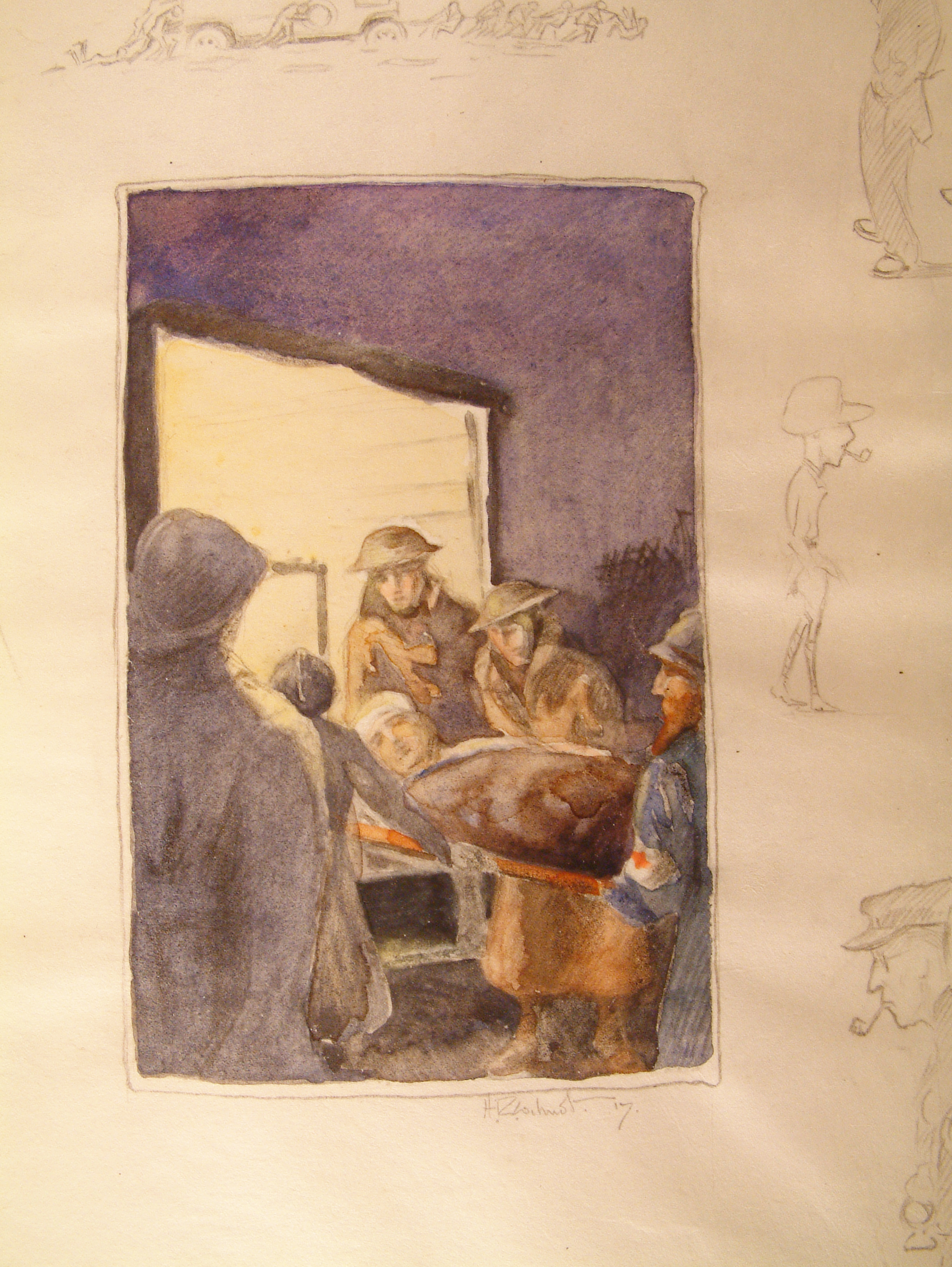Conscientious objection: 100 years on
In the midst of World War I, as conscription came into force, Quakers worked with parliament to ensure men had the right to refuse to kill.
In 1916, with the Military Service Act, Britain became the first country to give legal recognition to individual conscience, now enshrined in the Universal Declaration of Human Rights.

The centenary of this key moment in establishing freedom of conscience will be marked with events in Westminster and Holyrood. Readings from the diaries of conscientious objectors (COs) will highlight the plight of Quakers imprisoned for their conscience. Speakers will give an up to date global picture of attitudes to conscientious objection.
"Conscientious objection: 100 years on" will bring together historians, MPs, peers and ambassadors, descendants of conscientious objectors, representatives of faith groups and the charity sector.
[QUOTE-START]
The courage of those men who were so often called cowards can still inspire us to work for a more peaceful world.
- Paul Parker, Recording Clerk
[QUOTE-END]
The gatherings will be in Portcullis House, Westminster on Wednesday 27 January and in the Scottish Parliament, Holyrood, on Thursday 28 January.
In London, speakers include:
- David Boulton, historian and journalist, author of Objection Overruled, on the significance of the special clause in the Act
- Rachel Brett, formerly Quaker representative to the United Nations, on global attitudes today to conscientious objection
- Conscientious objectors (COs) on trial: re-enacting their tribunals and reading their diaries. Readings from writer and broadcaster, Geoffrey Durham
- World War I in photographs
- MPs, peers and others are invited to bring photos of COs in their families
- Chaired by Paul Parker, Recording Clerk for Quakers in Britain, with introductions and thanks from MPs, Helen Goodman and Liz Saville Roberts
In Scotland: Patrick Harvie MSP with Quakers in Scotland and the Edinburgh Peace and Justice Centre will mark the centenary, hearing from Trevor Royle, author of The Flowers of the Forest, and Edinburgh University historian Lesley Orr, along with presentations from conscientious objectors and the families of WWI conscientious objectors. An exhibition includes work by students from St Thomas Aquin's High School, Edinburgh. Chaired by Phil Lucas, Scottish Quaker Parliamentary Group.
Attendance at both events is by invitation.
Quakers' online project, The white feather diaries (website no longer available), serialises the real letters and diaries of conscientious objectors. Starting on 29 February read a daily extract from the diaries of five COs alive during World War I